Fire Alarm System Replacement Timing
Fire alarm system replacements are essential for maintaining safety and compliance within commercial and residential buildings. The optimal timing for replacements depends on various factors including system age, technological advancements, and regulatory requirements. Regular assessments can identify when a system is nearing the end of its effective lifespan or no longer meets current safety standards.
Systems older than 10-15 years may require replacement due to wear and outdated technology.
Increased false alarms can indicate system malfunctions, signaling the need for replacement.
Changes in fire safety codes may necessitate upgrading or replacing existing alarm systems.
Older systems lacking integration capabilities with modern building management systems should be upgraded.
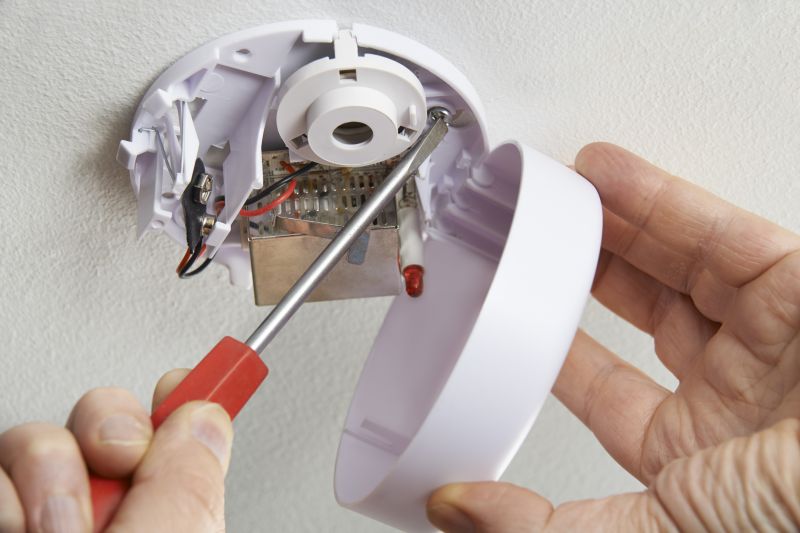
Regular inspections help determine if a replacement is needed.
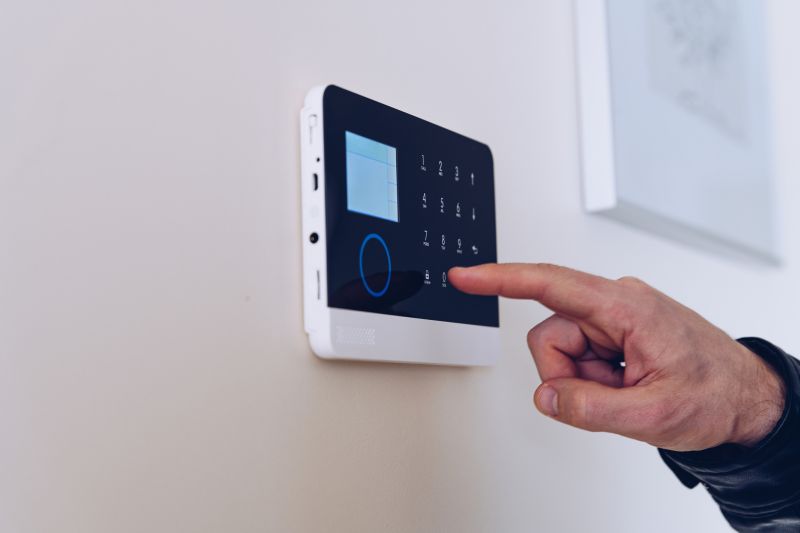
Modern panels improve reliability and integration.
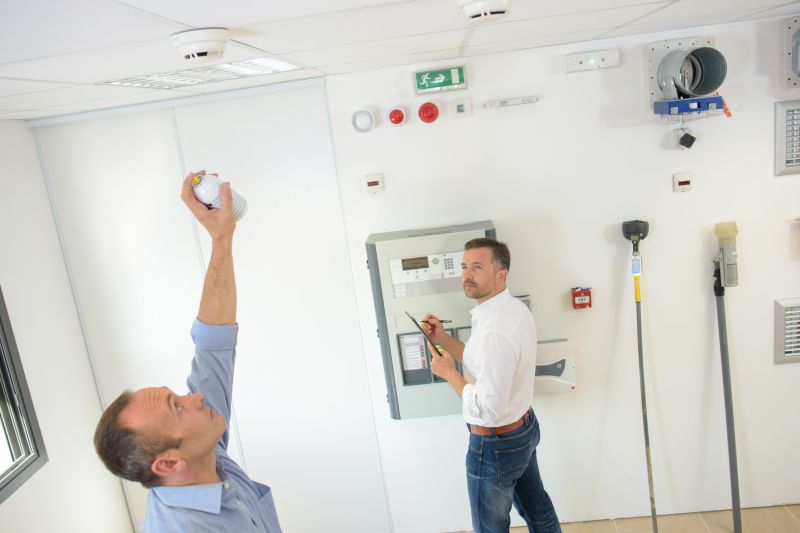
Installing advanced detectors enhances safety.
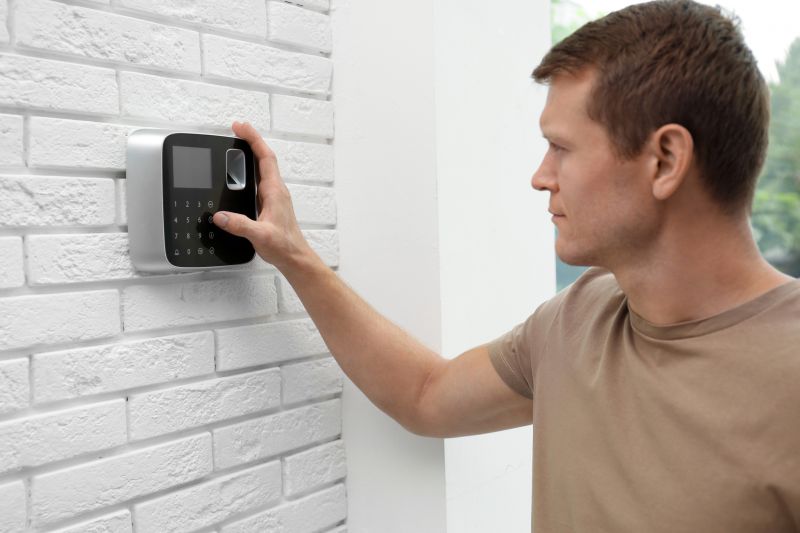
Ways to make Fire Alarm System Replacements work in tight or awkward layouts.

Popular materials for Fire Alarm System Replacements and why they hold up over time.
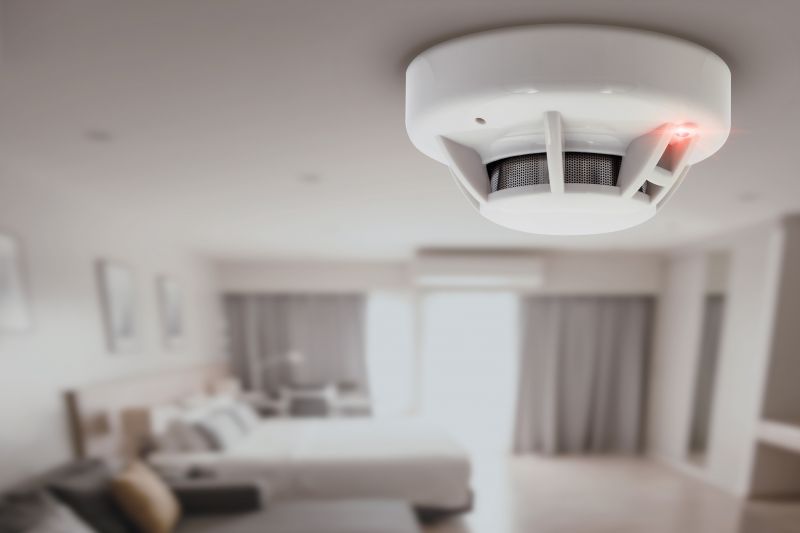
Simple add-ons that improve Fire Alarm System Replacements without blowing the budget.
| Indicator | Recommended Action |
|---|---|
| System age exceeds 10 years | Consider replacement |
| Frequent false alarms | Evaluate for upgrade |
| Non-compliance with current codes | Replace to meet standards |
| Physical damage or corrosion | Schedule replacement |
| Incompatibility with new systems | Upgrade or replace |
Fire alarm system replacements are a critical component of fire safety management. Older systems may not only fail to detect fires promptly but also lack compatibility with current safety standards and building automation systems. Advances in alarm technology have significantly improved detection accuracy and system reliability, making timely replacements a vital safety measure. Statistics indicate that systems over a decade old are more prone to malfunctions, which can delay fire detection and response, increasing risk and potential damage.
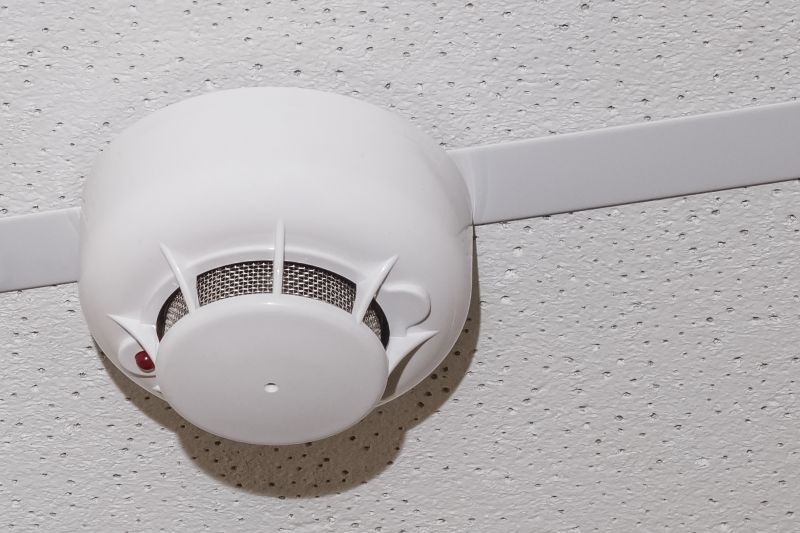
Features advanced detection technology.
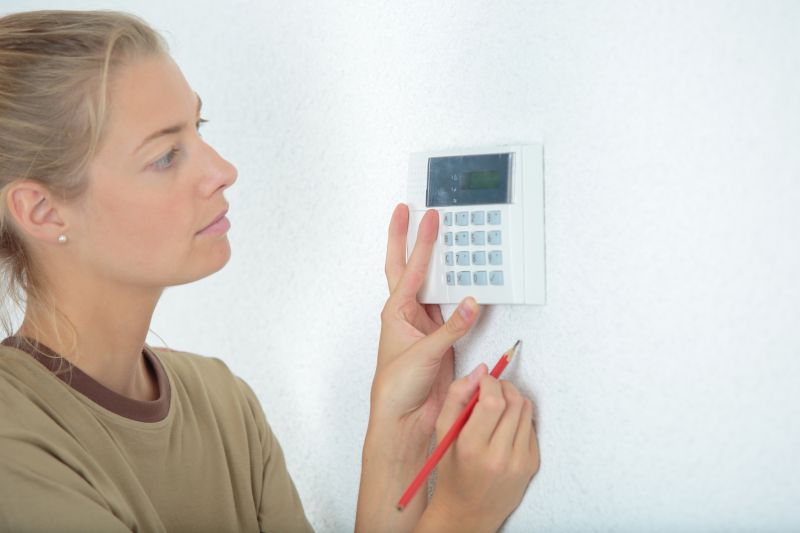
Ensures compliance and reliability.
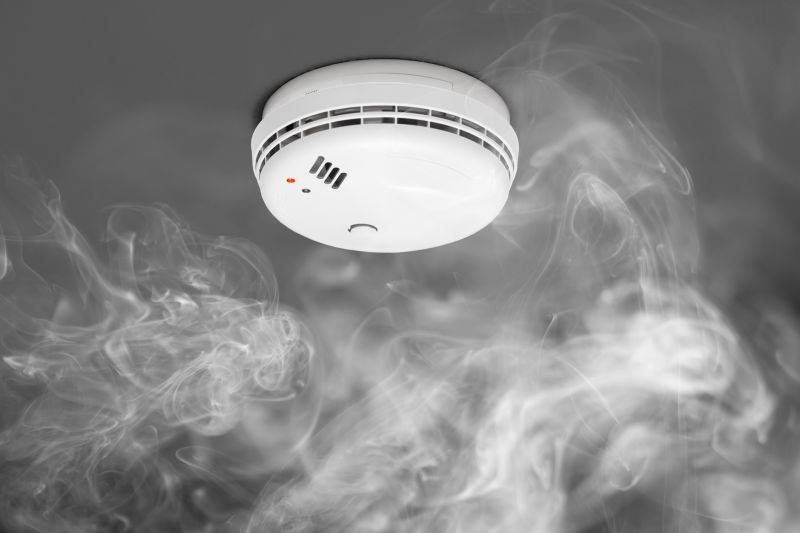
High-end options that actually feel worth it for Fire Alarm System Replacements.

Regular updates extend system lifespan.

Finishes and colors that play nicely with Fire Alarm System Replacements.

Little measurements that prevent headaches on Fire Alarm System Replacements day.

A 60-second routine that keeps Fire Alarm System Replacements looking new.
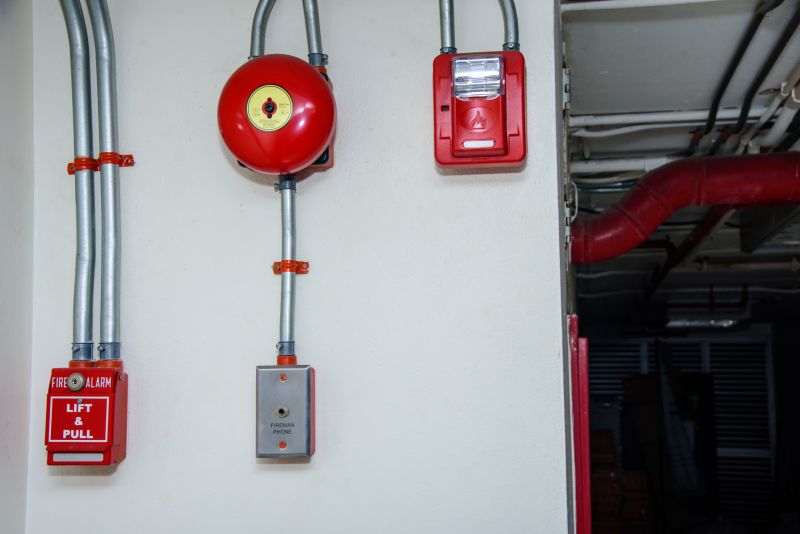
A frequent mistake in Fire Alarm System Replacements and how to dodge it.

Small tweaks to make Fire Alarm System Replacements safer and easier to use.

Lower-waste or water-saving choices for Fire Alarm System Replacements.

The short, realistic tool list for quality Fire Alarm System Replacements.
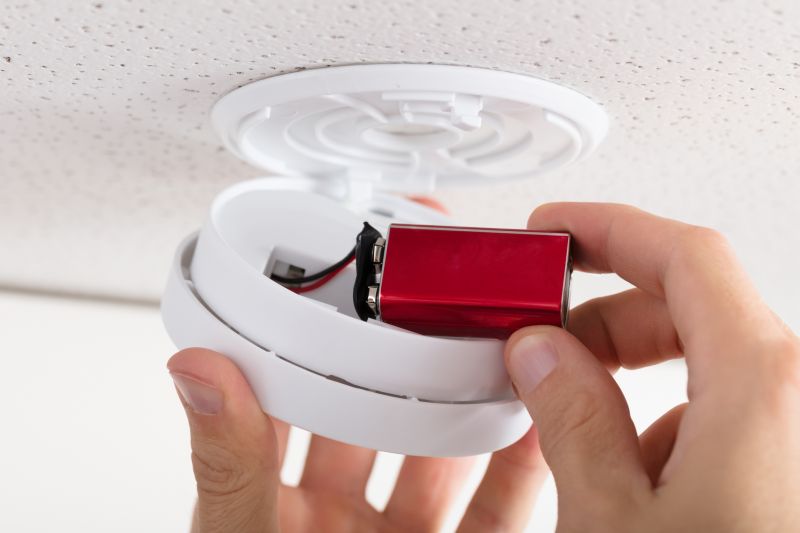
Rough timing from prep to clean-up for Fire Alarm System Replacements.
Timely fire alarm system replacements contribute significantly to fire safety and compliance. Regular assessments and adherence to evolving standards ensure that systems operate effectively when needed most. Upgrading outdated systems not only improves detection capabilities but also reduces false alarms and maintenance costs over time. If there is interest in scheduling an evaluation or replacement, filling out the contact form is recommended to receive further assistance and tailored solutions.
